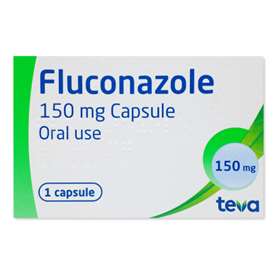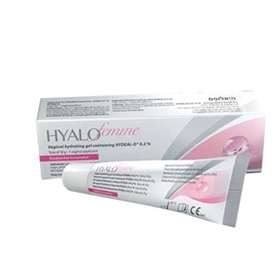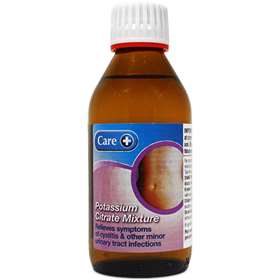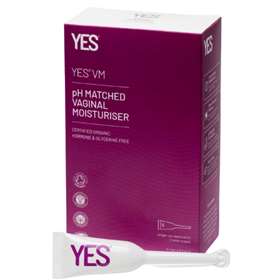The vagina is home to friendly bacteria known as lactobacilli that are needed to keep bad, infection-causing bacteria out of the reproductive system. Lactobacilli keep the vagina at a pH level of around 4 pH. Odorous discharge can often be a sign that the delicate pH balance has altered.
What is the cause of vaginal odour?
Every woman's vagina has a scent. The
Apocrine sweat glands are found mainly around the armpits and groin. Most sweat glands excrete an odourless solution that is 99% water; the Apocrine sweat glands, produce a solution that contains proteins and pheromones. Odour producing bacteria feed on this protein which is why the groin can have a distinct smell. Similar bacteria can also thrive on the vulva and can cause odours and infections if not washed away.
Can unusual vaginal odour be a sign of infection?
A healthy vagina usually has a pungent scent that will be individual to you. It can change in strength as you go through your monthly cycle. If the scent becomes overpowering or some may say a "fishy odour", then this is a sign that you might have an infection, or be on your way to getting one. A change in colour or texture of vaginal discharge can also be a sign of this. Visit your GP if you think you may have an infection.
How can I prevent vaginal odour?
Bad odours tend to be caused by changes in the pH level of the vagina. Here are a few tips to prevent odours:
- Wash the genital area daily with warm water. Avoid soap as it can disrupt the pH level inside your vagina and irritate the skin around the vulva. Try a soap free wash such as Vagisil pH Balance Intimate Wash, or Lactacyd Femina Daily Protective Wash.
- Avoid wearing tight fitting clothing and synthetic fabrics as this can make everything a bit too hot and sweaty! Instead, wear cotton underwear to allow the area to breathe and change from tights to stockings if needed.
- Tampons and diaphragms left inside the vagina for too long will cause odours. Make sure diaphragms are removed after use and tampons are changed regularly.
- Sperm is highly alkaline and so after unprotected sex, the vagina has to work harder to bring its pH level back to normal. This can produce a strong odour. Multi-Gyn ActiGel helps to promote a healthy environment for Lactobacilli to multiply, which can help your vagina to recover after sex and also prevents odour and unpleasant discharge.
How can I prevent vaginal infections?
If you suspect you have any type of vaginal infection it is best to see your GP. For those who find that they are more susceptible to infections there are a few things you can do to help prevent them:
- Do not douche - The vagina is self cleansing and does not require douching. This habit is more likely to cause infection as it will disrupt the level of good bacteria in the vagina, making it easier for infection to occur.
- Keep the area clean by washing daily with warm water. Use a soap free wash like Canesfresh Feminine Wash Soothing Wash Gel. You can also use Molkosan as a wash as it is an anti-fungal prebiotic - ideal for inhibiting bacterial and fungal infections.
- Avoid bacterial infection by making sure that after going to the toilet you wipe from front to back!
- Any intimate massagers, pelvic floor toners or sex toys are cleaned thoroughly before and after use.
- Women who have fewer lactobacilli may find that they suffer more from Thrush and other vaginal infections. To keep your levels of good bacteria (lactobacilli) stocked up try taking Molkosan and Acidophilus can help to maintain good vaginal health.
- Salcura Topida helps to soothe irritation and can be used in conjunction with treatments for cystitis and thrush. It supports a healthy pH balanced vaginal environment, and contains natural anti-fungal and anti-bacterial agents.
For more information on vaginal conditions please see our
Thrush,
Vaginitis,
Feminine Itching,
Vaginal Dryness and
Cystitis pages.






















